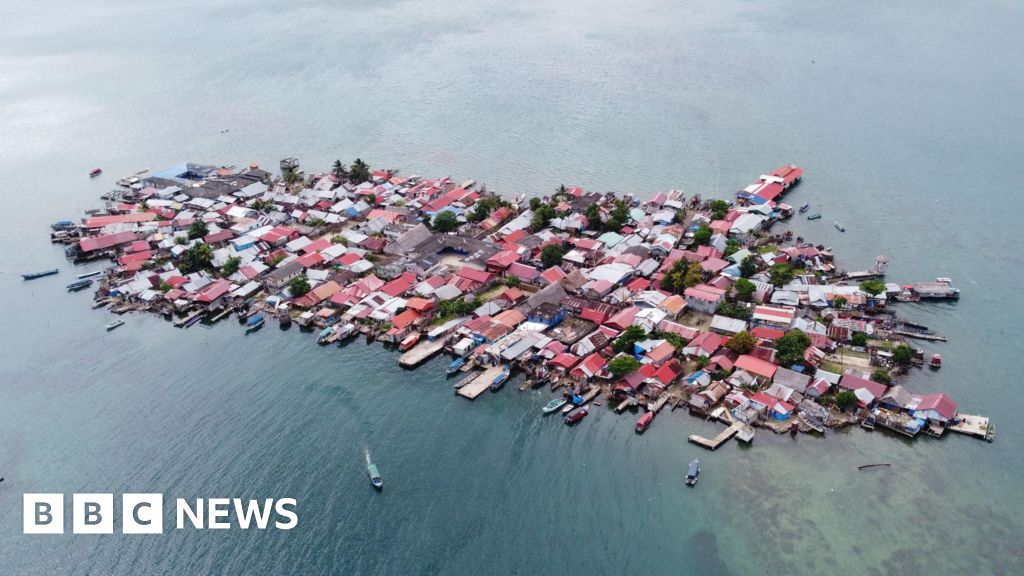The island of Gardi Sugdub in Panama is facing imminent threats due to rising sea levels, with scientists predicting it may become uninhabitable by 2050. Delfino Davis, a local resident, expresses his deep attachment to the island, highlighting the emotional challenges of losing his community as many have relocated to the mainland’s Isberyara. The relocation, initiated last June, aimed to address both climate change impacts and overcrowding issues; however, it has created divisions within the community. While some embrace the new settlement, others resist leaving due to cultural ties to the ocean and their traditions.
The Guna community, indigenous to the region, has a rich history dating back centuries, and the transition to Isberyara involves both logistical and emotional hurdles. Despite improvements like better infrastructure and education in Isberyara, residents miss their former homes and the connections they held. The new settlement, funded by the Panamanian government and the Inter-American Development Bank, is not without its challenges, such as sporadic access to water and healthcare services.
Community leaders stress that their cultural identity remains intact, despite the physical move. Educational efforts continue to preserve Guna traditions, while the newly built school enhances the quality of life for children. A climate change researcher remarks that the residents of Gardi Sugdub exemplify resilience, potentially serving as a model for other communities facing similar threats globally. As these transitions occur, the emotional weight of leaving one’s home and community weighs heavily on many residents, underscoring the profound impact of climate change on cultural identity and community cohesion.
Source link


